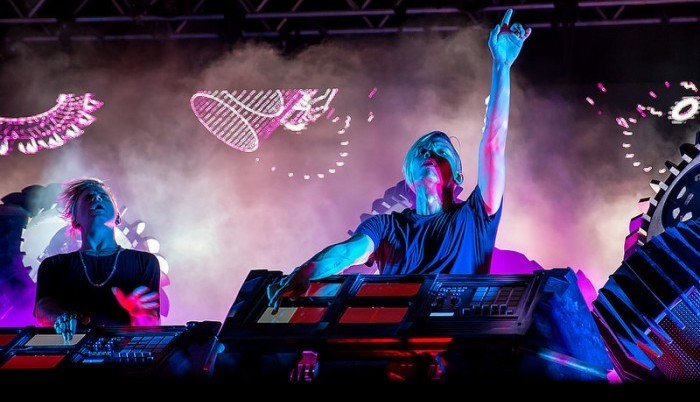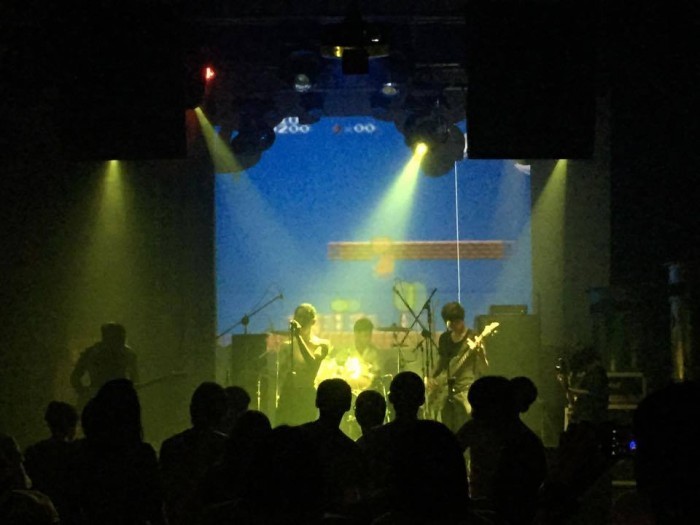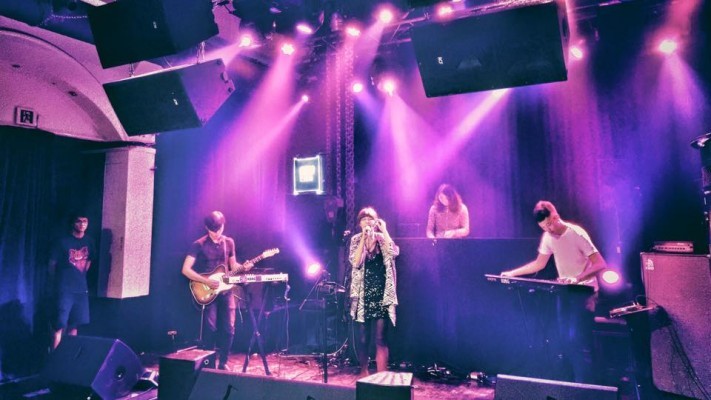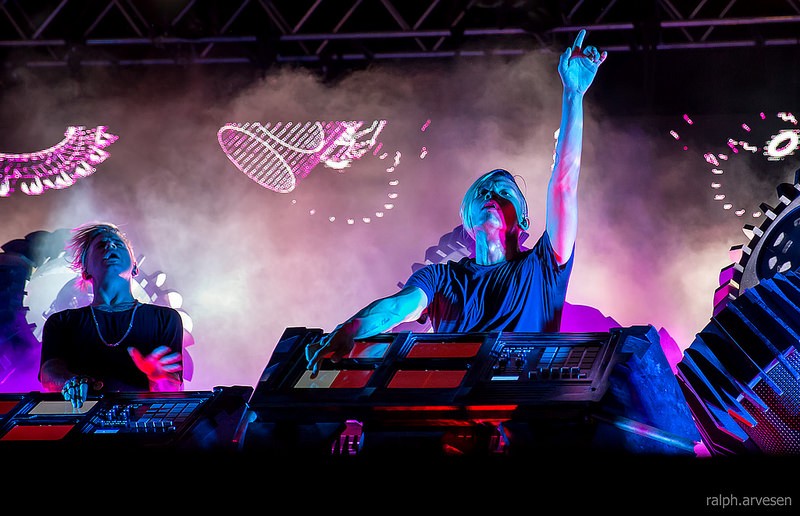
photo credit: Ralph Arvesen
Author:Cello Kan
Music is played by musicians.
Musicians need a place to play.
And we need a space to cultivate audiences in.
A live house is a place where musicians can perform in, as well as one where the audience can "feel" performers. Live houses are popular overseas, with various types of live houses catering to a variety of music genres. This segmentation allows people to visit specific live houses for music which appeals to them.
You can find numerous live houses overseas, many of which served as hotbeds of music revolutions. A case in point is the now-closed CBGB, which saw the birth of various forms of modern music. Musicians like Patti Smith, Sonic Youth, Ramones, Talking Heads and Foo Fighters grew from there or have performed there. The Marquee Club in London is another example. The Rolling Stones, Jimi Hendrix, Pink Floyd, Led Zeppelin, Sex Pistols and The Verve have all performed at this location. It almost seems like performing at this club is a necessary milestone to achieving fame.
Swelling Earth(息壤) is a legend in Taiwan and now exists only in our memories. The same is true for Live Ago Go, also a memory from the previous century. As diversified as music seems to be today, the best way to assess a musician's quality is still through live performances. Yet music venues can be difficult to manage, and four years is long lifespan for a music venue like Pipe Music Live.
It's interesting to note that Jacklon Tung (童子傑, founder of Pipe Music Live) is a name I've known for a long time. On an evening in the summer of 2007, I met Will Lin (the former frontman of Baboo and a respected producer who discovered the band Sodagreen). "I've been building a band called Luantan(亂彈). They have great talent and technique, particularly the drummer Jacklon, he's really good and plays the drum expertly. I recorded his beats and turned them into loops. They are stored in my hard disk and I plan to use them for arrangements," Lin said to me.
This name has been stuck in my memories since. But it was not until early this year that I finally got to meet with him face to face, the man whom we spoke so much about that night, like a long-lost friend whom I should have met earlier. Fate certainly works in strange ways.
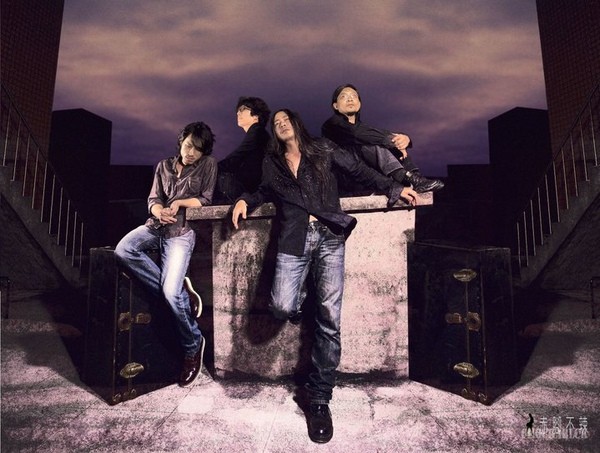
Luantan fuses Taiwanese folk music and rock music to create its own unique style. After releasing its third album “Revolving Lantern” in 2000, the band stopped performing.
With PIPE prepping itself for its fifth year of operations, I've invited my good friend Jacklon Tung to share his journey during this period.
◎What have you been up to recently?
Tung: I've been busy with PIPE's transformation. Other than providing a performance venue for Taiwanese bands, we are hoping to develop electronic music here as well. Taiwan's electronic music is still in its infancy and I intend to introduce more electronic music from overseas, in hope that this will spur creative and development efforts here in Taiwan. To do so, we've got to make improvements and adjustments to our facilities and equipment. Everything must be improved, which is what we're aiming for.
◎What kinds of music inspired you to form a band?
Tung: Mostly music from the 60s and 70s, such as Led Zepplin, Dire Straits, Pink Floyd, The Doors and Jimi Hendrix.
◎Why did you choose to leave Luantan after the release of “Revolving Lantern”, when the band was at the height of its success?
Tung: “Revolving Lantern” was our second album. The four of us formed the band when we were 19 and only released our first album when we were 26. We grew from nothing and were inseparable when it came to our creative process. At a later point, our opinions on the band's direction began to diverge. To me, the four of us are Luantan. Replacing any members would make it a different band, making it impossible for us to continue creating music the Luantan way. We did try to find replacements, but this did not resolve the problems we faced with our music. This is why I believe that the four founding members of Luantan are irreplaceable, and that there is no turning back.
◎What did you do after leaving Luantan?
Tung: I kept a low-profile for some time, but I was still involved in music. I continued producing band music and did some recording. I also did not give on drumming and worked as a professional musician for some time. But I realized these were not my passions since I starting performing purely out of interest. I got back into music production, and in a twist of fate, ended up starting PIPE, a live house venue built on the grounds of the only historical pumping station in Taipei.
